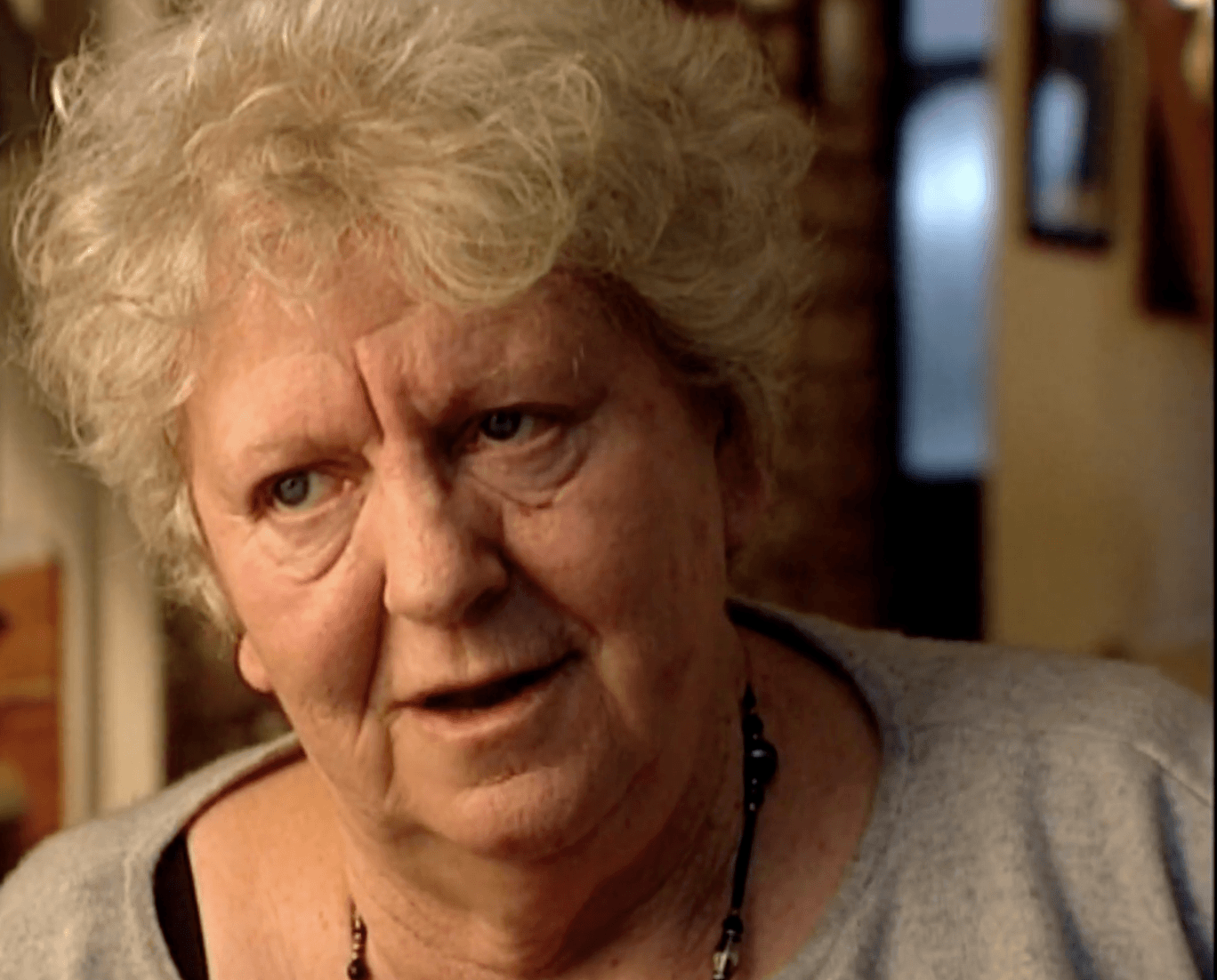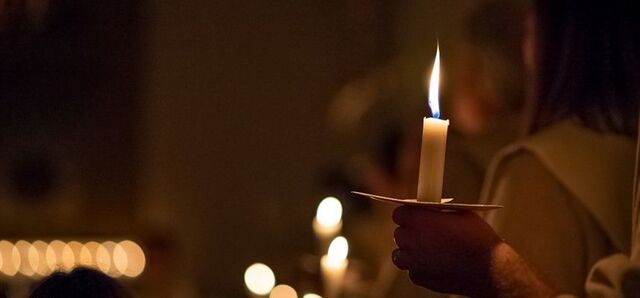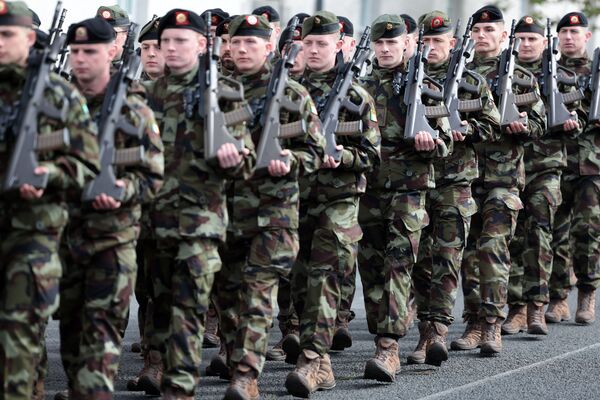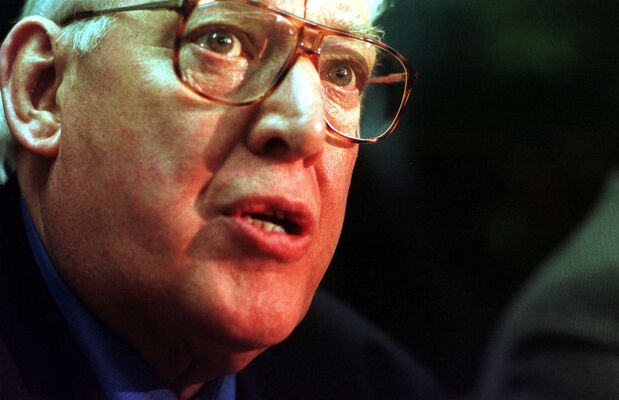NELL McCafferty in 1987 spoke the truth and paid the price.
Nell was on an RTÉ programme in that year and Conor Cruise O’Brien asked her, as he did just about everybody, if she supported the IRA. Most people responded to the question with a firm No or an ambiguous No. Nell was different. “Yes, I do,” she told Conor Cruise O’Brien. A day or two later an IRA bomb killed eleven people at a war memorial ceremony in Enniskillen, and Nell’s days on RTÉ had ended.
But why was the question asked in the first place? Did those like Conor Cruise O’Brien think that the answer would help to bring peace? That it would change the mind or allegiances of those watching on television?
It was notable, too, that on no occasion I can recall was any guest on RTÉ ever asked if they supported the British army or the RUC. Both those organisations, like the IRA, were involved in many killings. And yet the question was rarely, probably never asked.
Nell’s declaration of her allegiance was poor timing, with the Enniskillen bomb going off within days. We remember that bomb because of the high rate of casualties – eleven people died. Had it been the killing of a single ordinary individual, it would have provoked far less public outcry.
It sounds cold-blooded, but level of outrage is linked directly to the number of people killed. The killing of one or two people was bad but usually received limited print or air time. When larger groups of people were killed together, the condemnation of the perpetrators was much louder.
This is a large book - about 3 books thick on the shelves! She may have left us. But her writing lives on. Her honesty is raw and refreshing. There's nothing 'Instagram' about #nellmccafferty
— Margaret O'Gorman (@MargaretOGorm12) September 3, 2024
To read her, after her passing, is to remember what we chose to forget. Unvarnished pic.twitter.com/rfhoCu9v3n
It also depended on who did the killing. In 1987 also, the British army killed eight IRA men at Loughgall. I think I’m safe in saying that no broadcaster or journalist asked anyone “Do you support the ‘security’ forces?” on that occasion. Just as no-one was asked that question as the ‘security’ forces killed some 350 people in the course of the Troubles. Those in uniform who killed were promoted or decorated, those not in uniform were killed or incarcerated. Nobody was asked if they supported the police or the military: it was generally accepted that ‘no right-thinking person’ would be critical of the ‘security’ forces.
But all that was here and decades ago. What about other places of conflict right now?
Well, since last October, some 41,000 people have been killed in Gaza, most of them women or children. The response of the Western media has not been to seek out Israeli citizens and ask “Do you support the IDF?”
Clearly it’s a question that deserves answer. Count the numbers. In an eleven-month period, Israeli ‘Defence’ Forces (IDF) have used bombs, shells, drones and bullets in Gaza to kill over 40,000 people. That’s like having an Enniskillen bomb go off 4,000 times in an area smaller than Co Louth in the course of eleven months.
Has anyone asked Joe Biden or Kamala Harris, much less Donald Trump, if they support the IDF? No need to – both are keen to express their support for Israel and its armed forces, and to prove their support they continue to funnel billions of dollars worth of weapons to Israel.
In short, to say that you supported the IRA during the Troubles meant you might lose your job and maybe even your life. In the US and Britain today, to say that you support Israel is seen as a virtuous act.
Nell McCafferty showed courage in replying to the Cruiser as she did. How much courage does it take to say you support Israel in its genocidal cruelty?








